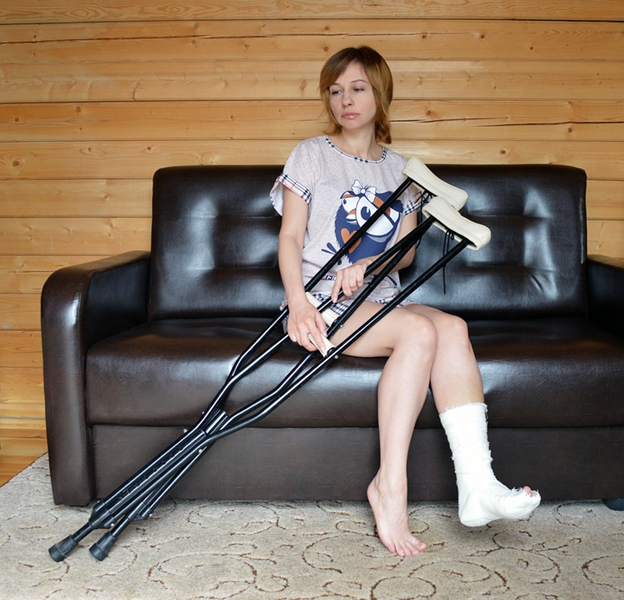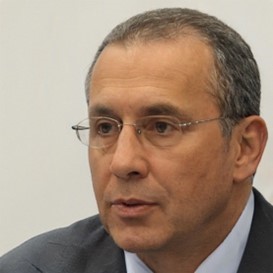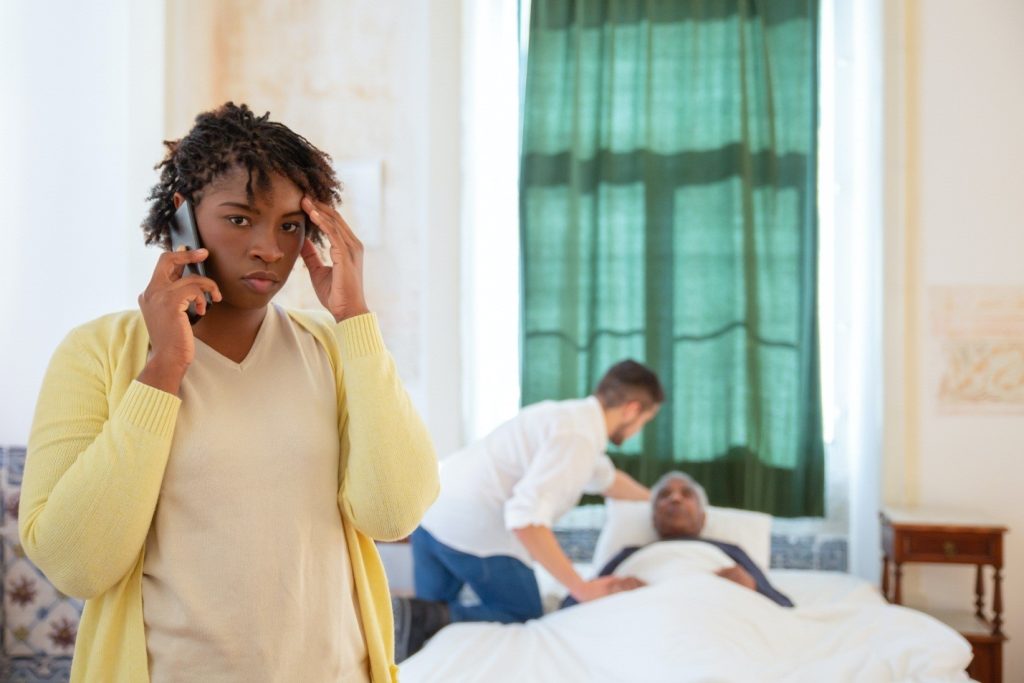Now Reading: From Victim to Advocate: How Pursuing Legal Action Can Empower You
-
01
From Victim to Advocate: How Pursuing Legal Action Can Empower You

From Victim to Advocate: How Pursuing Legal Action Can Empower You
Being a victim of any kind of wrongdoing can be a traumatic and life-altering experience. Whether it’s physical assault, sexual harassment, or financial fraud, the aftermath of such an incident can be overwhelming, leaving victims feeling helpless and powerless. However, pursuing legal action can provide victims with a sense of empowerment, helping them reclaim their lives and turn their experiences into positive change. In this article, we will explore how pursuing legal action can help victims become advocates and agents of change in their communities.
The Empowerment of Legal Action
Legal action can be an empowering tool for victims of wrongdoing. By taking legal action, victims can hold perpetrators accountable for their actions, and seek justice for the harm that has been done to them. In some cases, pursuing legal action can also result in financial compensation, which can help victims recover from the financial and emotional damage caused by the wrongdoing.
Moreover, the act of pursuing legal action itself can be empowering. By taking control of the situation and actively seeking justice, victims can begin to reclaim their sense of agency and autonomy. This can be particularly important for victims of sexual assault or abuse, who may have had their autonomy and control over their own bodies taken away from them.
In addition, pursuing legal action can also help victims feel heard and validated. By sharing their stories in court, victims can make their experiences known and hold perpetrators accountable in the eyes of the law. This can be a powerful form of validation for victims, who may have felt dismissed or ignored by others in their lives.
Becoming an Advocate
Pursuing legal action can also lead to victims becoming advocates for change in their communities. By speaking out about their experiences and advocating for legal and social changes, victims can help prevent similar incidents from happening to others. This can be a powerful way to turn a negative experience into a positive force for change.
One way that victims can become advocates is by speaking out publicly about their experiences. By sharing their stories with the media, at public events, or on social media, victims can raise awareness about the issue and help break the silence surrounding it. This can be particularly important for victims of sexual assault or abuse, who may feel ashamed or stigmatized by their experiences.
Another way that victims can become advocates is by working with organizations that support victims of wrongdoing. By volunteering or working with organizations such as rape crisis centers, domestic violence shelters, or legal aid clinics, victims can help provide support and resources to others who have experienced similar traumas. This can be a powerful way to turn a negative experience into a positive force for change.
Overcoming Challenges
While pursuing legal action can be empowering, it can also be a challenging process. Legal proceedings can be lengthy, stressful, and emotionally draining, and may require victims to recount their traumatic experiences multiple times. Moreover, the legal system can be complex and difficult to navigate, and victims may face resistance or skepticism from others.
In addition, pursuing legal action can also be financially costly, and victims may struggle to pay for legal fees and other associated costs. This can be particularly challenging for low-income victims, who may not have the financial resources to pursue legal action.
It is important to note that not all victims may choose to pursue legal action, and that is a valid decision. It is ultimately up to each individual to decide what is best for their own healing and recovery. However, for those who do choose to pursue legal action, it can be a powerful and empowering experience that can lead to positive change both for themselves and for others.
In addition, it is important to acknowledge that the legal system is not perfect, and that there may be instances where justice is not fully served. However, pursuing legal action can still be a valuable experience for victims, as it can provide a sense of closure and validation, and can help prevent similar incidents from happening to others in the future.
If you or someone you know has experienced wrongdoing, there are resources available to help. This may include legal aid clinics, counseling services, and advocacy organizations that support victims of specific types of wrongdoing. Seeking support from trusted professionals and loved ones can also be an important step in the healing and recovery process.

As a journalist, Leland D. Bengtson dedicated most of his career to law reporting. His greatest satisfaction is to convey legal matters to the public in a language that they can understand. He is active on various platforms and media outlets, writing about common legal issues that people confront with every day. While medical malpractice is his strong suit, Leland covers plenty of other topics, including personal injury cases, family law, and other civil and even criminal legal matters.










